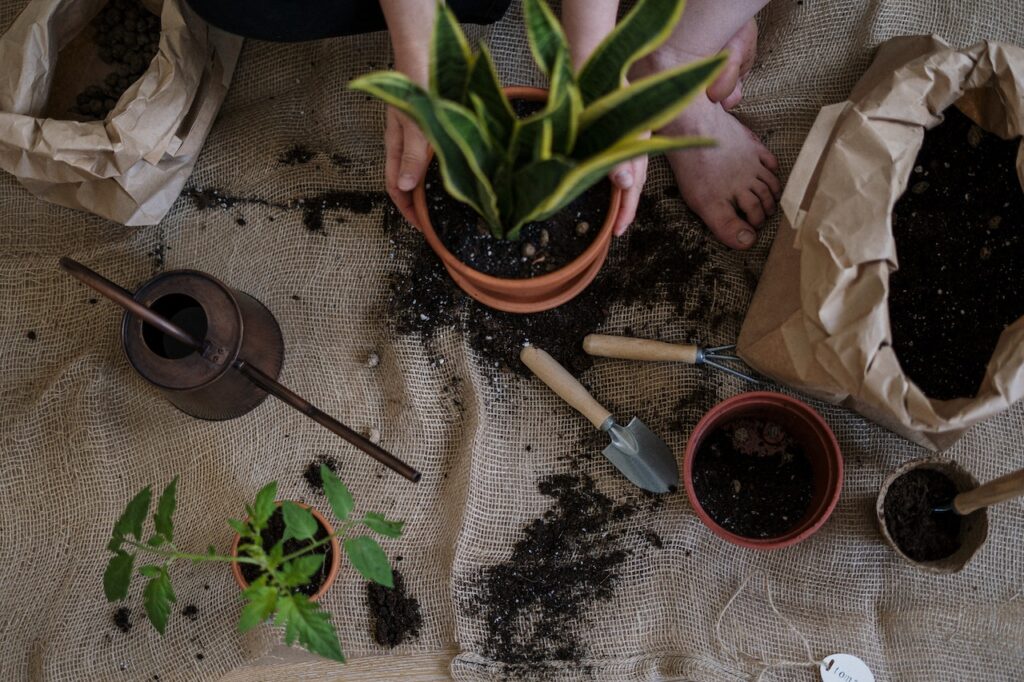Herb gardening and storage are excellent ways to exercise your green thumb. It’s a terrific hobby to enjoy, and they’ll be much sweeter than the ones you buy at the shop. Many of them also smell fantastic. For flavor and variety, nothing beats herbs that you produce yourself.
Herbs like basil, rosemary, thyme, and parsley grow well in containers. Additionally, getting started is not difficult. They might be on the porch, close to the kitchen, or even on the window ledge. In rare circumstances, you can grow them inside directly on the wall if you have a wall that receives a lot of sunshine.
- Sun and more sun – The majority of herbs require a lot of sun to develop. This is due to the fact that many of them are immigrants from sunny Mediterranean nations. A location with at least eight hours of sunlight every day should be chosen for them. Put them by the window, preferably one you can open, even if they are inside.
- Starting with Seeds – When you start with seeds, you must do so indoors and wait until the plant is a respectable size before transplanting it outside. After the previous freeze, bring them outside. Begin about two months beforehand. The fact that seeds come in a wider range is their best feature.
You can also start with plants, although there probably won’t be as many types available as there are with seeds. You can place an online order or make a local purchase. They usually aren’t discovered until it’s safe to replant them outside. Make sure each plant has adequate drainage.
The ideal material to use for your herb garden is potting mix. It will function better than potting soil in assisting your plants in growing strong and healthy roots because it will have the proper nutrients. To make sure you have the proper nutrients for each herb, you might want to do some research on the particular plants you’ve chosen to plant.
- Water – You should water your plants, of course. The fact that most of our water is processed and contains a lot of chlorine is one issue with water nowadays. If there is an excess in the water in your location, it may be harmful to plants. Additionally, if you are in a region with hard water, you must first filter the water. However, since the salt in a saline water softener also kills things, avoid using one.
- Fertilize – Use the proper fertilizer for your soil or potting mix and the kind of herbs you are growing. You’re in a pickle because irrigation is necessary but also removes soil nutrients. You must therefore add fertilizer. When planting, you can use an organic slow-release fertilizer, which is fantastic. Whatever you do, avoid using blooming fertilizer because the plant is used for producing lots of leaves.
Try experimenting with several herbal varieties. To make sure you always have the correct herbs on hand for your favorite recipes and gifts, you may cultivate a lot of them, dry them, freeze them, and use them in a variety of ways.

